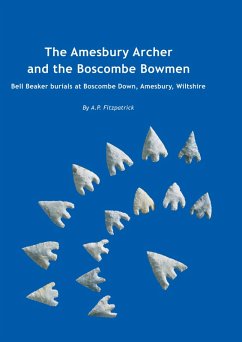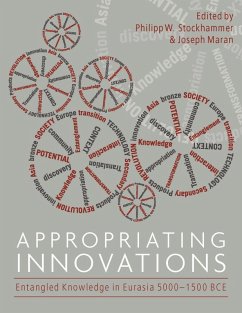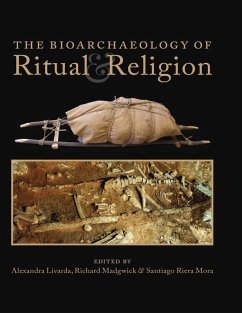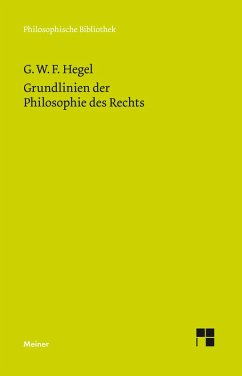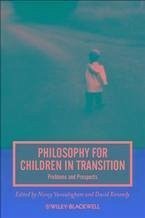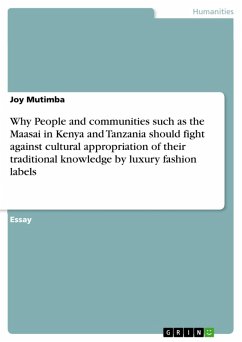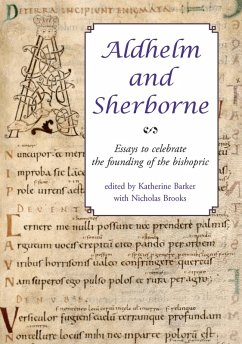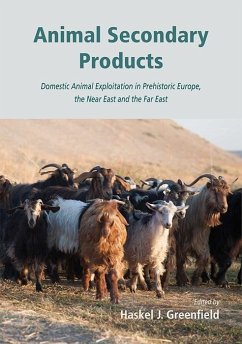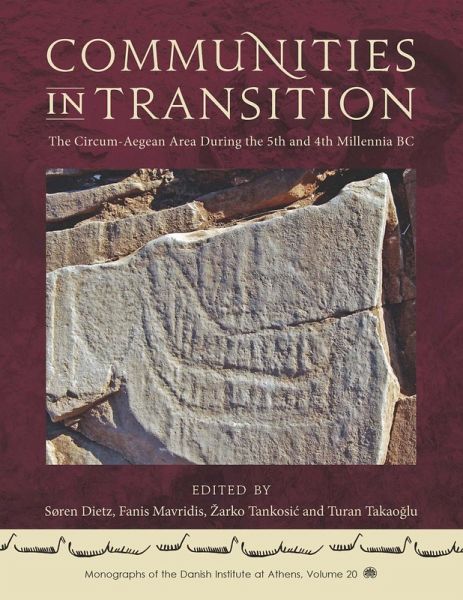
Communities in Transition (eBook, PDF)
The Circum-Aegean Area During the 5th and 4th Millennia BC
Redaktion: Soren Dietz, Dietz; Turan Takaoglu, Takaoglu; Zarko Tankosic, Tankosic; Fanis Mavridis, Mavridis
Versandkostenfrei!
Sofort per Download lieferbar
36,95 €
inkl. MwSt.
Weitere Ausgaben:

PAYBACK Punkte
18 °P sammeln!
Communities in Transition brings together scholars from different countries and backgrounds united by a common interest in the transition between the Neolithic and the Early Bronze Age in the lands around the Aegean. Neolithic community was transformed, in some places incrementally and in others rapidly, during the 5th and 4th millennia BC into one that we would commonly associate with the Bronze Age. Many different names have been assigned to this period: Final Neolithic, Chalcolithic, Eneolithic, Late Neolithic [I]-II, Copper Age which, to some extent, reflects the diversity of archaeologica...
Communities in Transition brings together scholars from different countries and backgrounds united by a common interest in the transition between the Neolithic and the Early Bronze Age in the lands around the Aegean. Neolithic community was transformed, in some places incrementally and in others rapidly, during the 5th and 4th millennia BC into one that we would commonly associate with the Bronze Age. Many different names have been assigned to this period: Final Neolithic, Chalcolithic, Eneolithic, Late Neolithic [I]-II, Copper Age which, to some extent, reflects the diversity of archaeological evidence from varied geographical regions. During this long heterogeneous period developments occurred that led to significant changes in material culture, the use of space, the adoption of metallurgical practices, establishment of far-reaching interaction and exchange networks, and increased social complexity. The 5th to 4th millennium BC transition is one of inclusions, entanglements, connectivity, and exchange of ideas, raw materials, finished products and, quite possibly, worldviews and belief systems. Most of the papers presented here are multifaceted and complex in that they do not deal with only one topic or narrowly focus on a single line of reasoning or dataset. Arranged geographically they explore a series of key themes: Chronology, cultural affinities, and synchronization in material culture; changing social structure and economy; inter- and intra-site space use and settlement patterns, caves and include both site reports and regional studies. This volume presents a tour de force examination of many multifaceted aspects of the social, cultural, technological, economic and ideological transformations that mark the transition from Neolithic to Early Bronze Age societies in the lands around the Aegean during the 5th and 4th millennium BC.
Dieser Download kann aus rechtlichen Gründen nur mit Rechnungsadresse in A, B, BG, CY, CZ, D, DK, EW, E, FIN, F, GR, HR, H, IRL, I, LT, L, LR, M, NL, PL, P, R, S, SLO, SK ausgeliefert werden.




